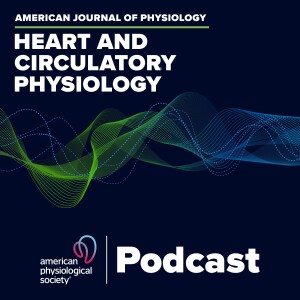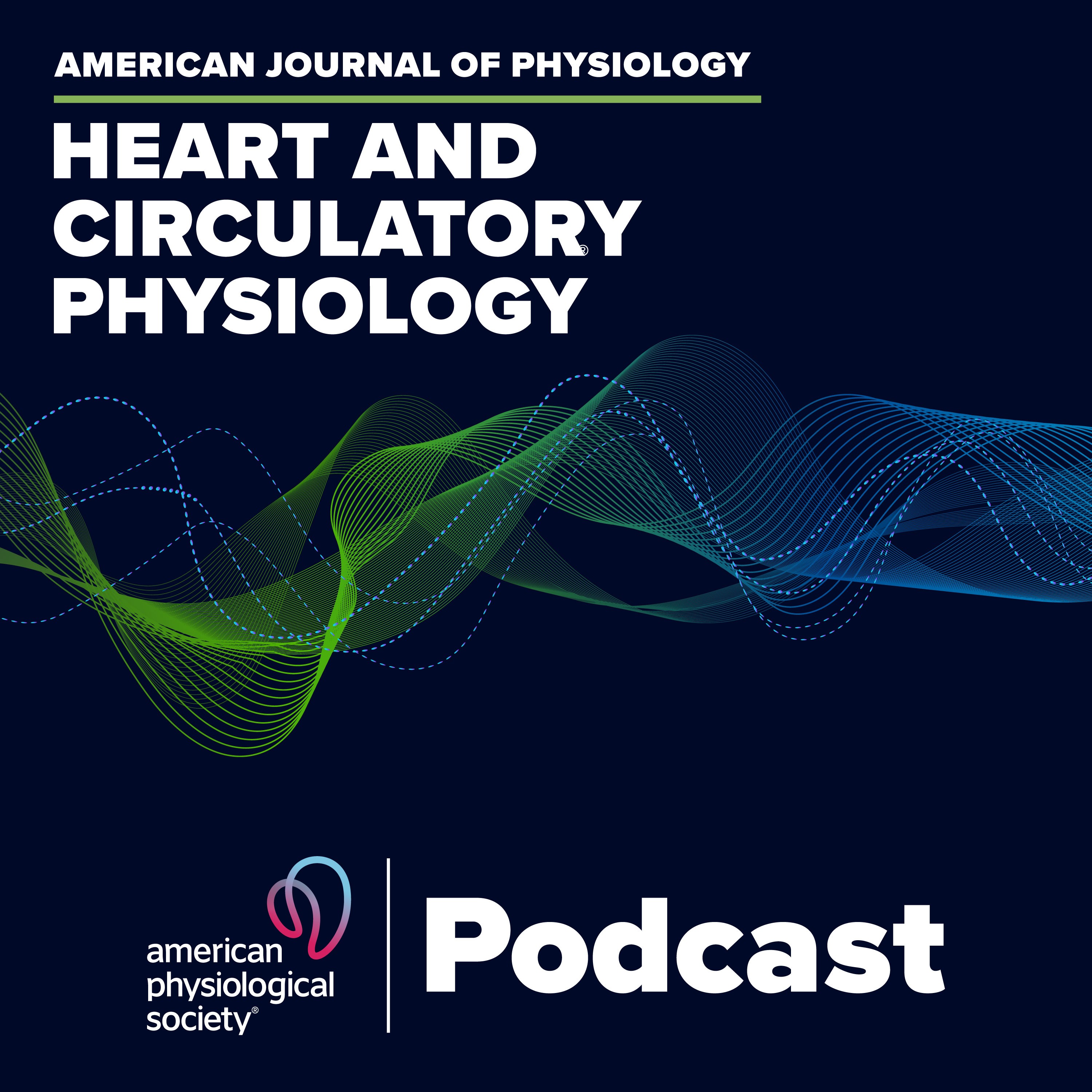Episodes

Wednesday Aug 14, 2019
Attenuation of Coronary Adenosine Dilation by Aldosterone
Wednesday Aug 14, 2019
Wednesday Aug 14, 2019
High plasma aldosterone is an independent risk factor for cardiac mortality, but what is known about the underlying mechanisms linking high levels of aldosterone to cardiac ischemic events? Listen as Consulting Editor Donal O’Leary (Wayne State University) interviews lead author Shawn Bender (University of Missouri & Truman VA) and expert Judy Muller-Delp (Florida State University) about the work led by motivated undergraduate Maloree Khan, which tested the hypothesis that increased plasma aldosterone impairs adenosine-mediated coronary vasodilation. Bender and co-authors found that high plasma aldosterone levels impaired adenosine A2A receptor-mediated dilation, but not adenosine A2B receptor-mediated vasodilation. Using a dose of aldosterone that does not significantly elevate blood pressure, Khan et al observed aldosterone-mediated changes in coronary dilation to adenosine via downregulation of calcium-activated potassium channels. Listen as these experts discuss the role of aldosterone and the mineralocorticoid receptor in ion channel expression in the vasculature, as well as future next steps related to sex differences and cell-specific knockout models.
Maloree Khan, Alex I. Meuth, Scott M. Brown, Bysani Chandrasekar, Douglas K. Bowles, and Shawn B. Bender Aldosterone impairs coronary adenosine-mediated vasodilation via reduced functional expression of Ca2+-activated K+ channels Am J Physiol Heart Circ Physiol, published June 14, 2019. DOI: doi.org/10.1152/ajpheart.00081.2019


No comments yet. Be the first to say something!